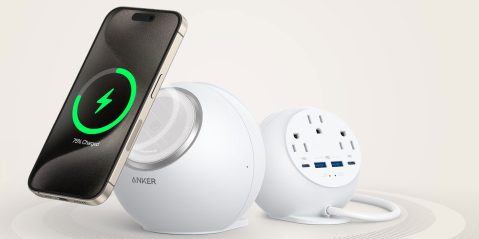
When it comes to stunning and unique televisions, Samsung is always on the bleeding edge. Nearly two years after launching The Frame, Samsung has announced The Sero. What makes its unique is its ability to pivot vertically and horizontally, allowing it to eliminate black bars from portrait videos.
Although videos shot in portrait are controversial at best, most will likely be able to agree that Samsung’s new TV looks excellent. It sports a slim design that can easily be moved and propped up anywhere. The company’s choice to let The Sero swivel makes it much more compelling than it would otherwise be.
Optimized for vertical content
Like it or not, we all tend to hold our phones vertically. It’s comfortable and this behavior often leads to photos and videos posted to social media that don’t look that great on standard televisions. In typical Samsung fashion, the company is trying to be the first acknowledged TV manufacturer to release a portrait offering even though very few are clamoring for such a device.
The Sero will only be available in one display size of 43-inches. This is large enough for small homes and bedrooms, but it does cap the ability to be used in home theaters as many consumers seem to prefer 55-inch or larger televisions these days.
While it is much less likely to see failures than its Galaxy Fold, the company’s new TV is without a doubt audacious enough to run into some complications. Its ability to swivel could lead to cable failures over time, but I guess we’ve have to wait and see how it performs.

Pricing and availability
It is unclear if The Sero will ever make a US debut. Samsung plans to launch it in Korea by the end of May. Customers there will be able to pick up the new device for 1.9 million won (about $1,630), which is actually quite respectable considering how new and unique it is.
gadgetnewsonline’ Take
Much like The Frame, I find the aesthetic of The Sero quite appealing. One area that I find disappointing is that it seems users will need to manually rotate the TV each time content orientation changes. With Samsung’s vast level of experience developing mobile phones and several other technologies, it seems the company should’ve implemented detection for this.
Considering that Samsung’s latest TV may never make it to the US, I’m not holding my breath that I will ever get to see it in person, let alone take it for a spin.
FTC: We use income earning auto affiliate links. More.








Comments